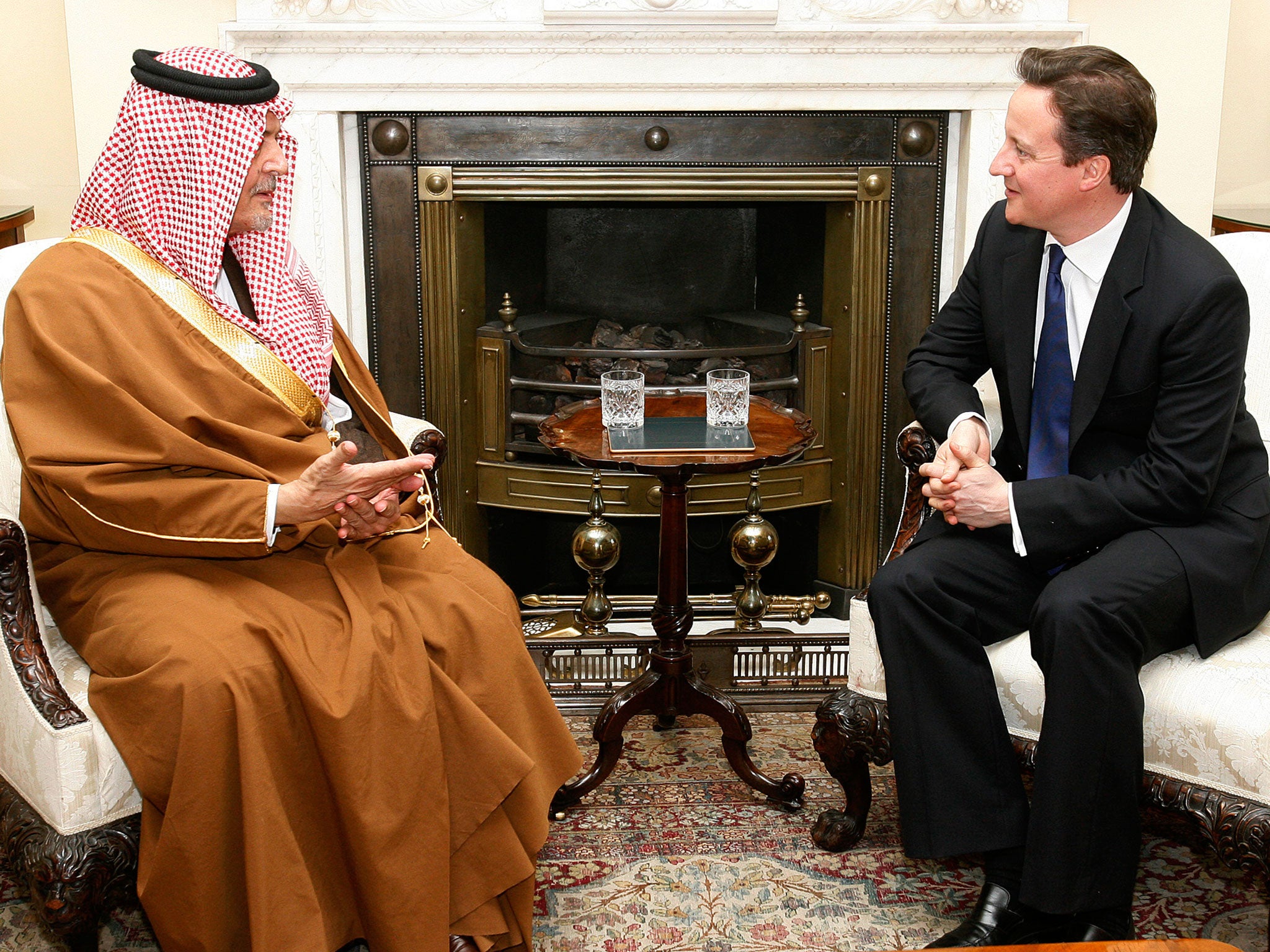UK helped Saudi Arabia get UN human rights role through 'secret deal' to exchange votes, leaked documents suggest
'The ministry might find it an opportunity to exchange support with the United Kingdom', leaked cable reportedly reads

Britain allegedly helped Saudi Arabia's controversial election to the UN human rights council (UNHRC) through a secret vote-trading deal, leaked diplomatic cables have reportedly shown.
Saudi foreign ministry files, among 61,000 documents released by Wikileaks, reportedly refer to talks with British diplomats ahead of a November 2013 vote in New York and have been translated by Geneva-based human rights organisation UN Watch.
The classified exchanges, published by The Australian newspaper, allegedly suggest the UK initiated the secret negotiations by asking Saudi Arabia for its support.
Both countries were later elected to the UNHRC, which consists of 47 member states.
One Saudi cable reportedly read: “The delegation is honoured to send to the ministry the enclosed memorandum, which the delegation has received from the permanent mission of the United Kingdom asking it for the support and backing of the candidacy of their country to the membership of the human rights council (HRC) for the period 2014-2016, in the elections that will take place in 2013 in the city of New York.
“The ministry might find it an opportunity to exchange support with the United Kingdom, where the Kingdom of Saudi Arabia would support the candidacy of the United Kingdom to the membership of the council for the period 2014-2015 in exchange for the support of the United Kingdom to the candidacy of the Kingdom of Saudi Arabia.”
Saudi Arabia has been repeatedly denounced for its poor human rights record. The Gulf state is planning to imminently behead and crucify Ali Mohammed al-Nimr, who was arrested in 2012 for his participation in the Arab Spring protests when he was just 17 years old.
Hillel Neuer, executive director of UN Watch, told The Australian: "Based on the evidence, we remain deeply concerned that the UK may have contracted to elect the world’s most misogynistic regime as a world judge of human rights.
"UN Watch finds it troubling that the UK refuses to deny the London-Riyadh vote-trade as contemplated in the Saudi cable, nor even to reassure the public that their voting complies with the core reform of the UNHRC’s founding resolution, which provides that candidates be chosen based on their human rights record, and that members be those who uphold the highest standards of human rights."
A Foreign and Commonwealth Office spokesman told The Independent: “The British Government strongly promotes human rights around the world and we raise our human rights concerns with the Saudi Arabian authorities.
“We regularly make our views known, including through the UN Universal Periodic Review process and the Foreign and Commonwealth Office’s annual Human Rights and Democracy Report.”
The Saudi Arabian embassy has been contacted for comment but had not replied at the time of publication.
This week, the United Nations was criticised for electing Saudi Arabia's ambassador to the UN as head of a key UNHRC panel, despite the country's poor human rights record.
The wife of imprisoned blogger Raif Badawi said the "scandalous" appointment shows that "oil trumps human rights".
Join our commenting forum
Join thought-provoking conversations, follow other Independent readers and see their replies
0Comments